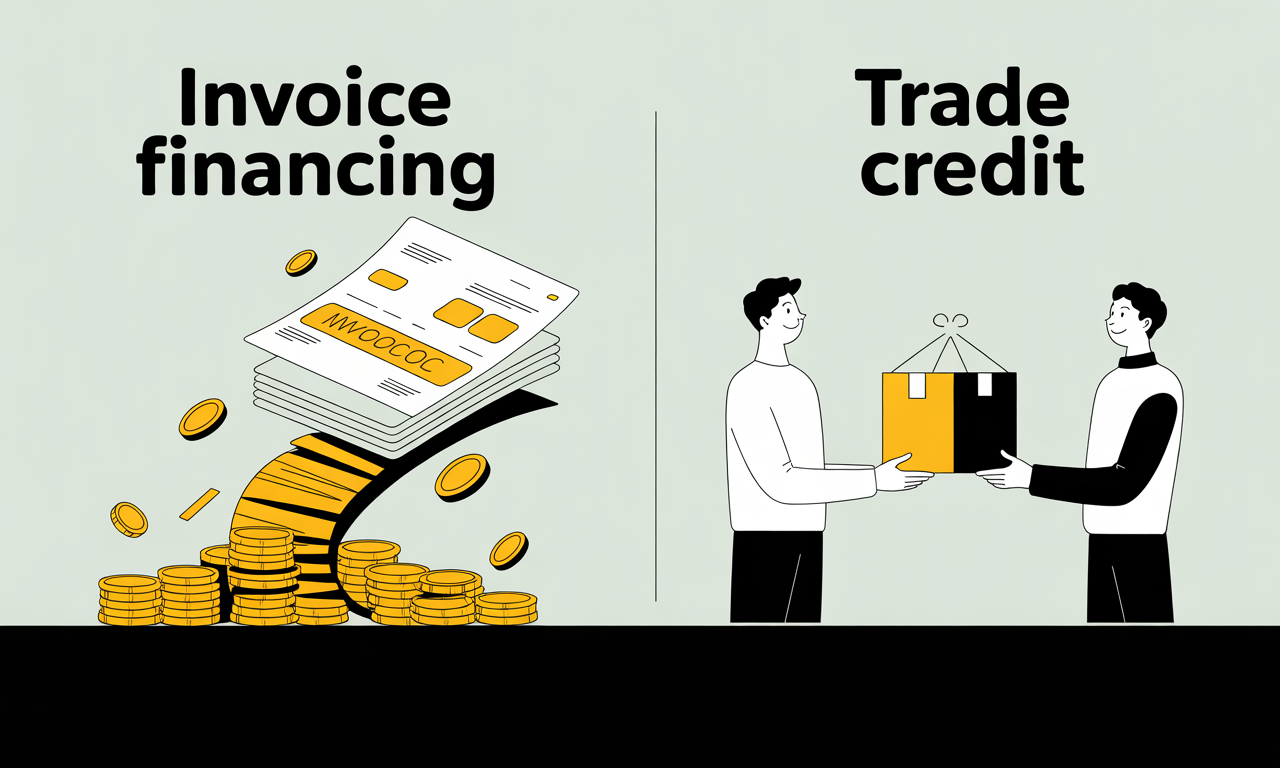
Alternative Financing: Beyond Banks
Wed Oct 08 2025
1 min read
Beyond bank loans, UAE businesses can tap flexible capital from alternative sources—useful for e-commerce and retail.
Peer-to-peer lending:
- Online platforms connect investors and SMEs
- Faster approvals, transparent pricing
- Platform fees and reporting requirements apply
Crowdfunding:
- Debt crowdfunding: borrow from many backers; fixed returns; good for working capital
- Equity crowdfunding: sell shares; no repayments; give up ownership
Supply chain finance:
- Buyers extend terms while suppliers get paid early via bank/fintech
- Improves working capital on both sides
- Great for distributors and retail networks
Equipment finance and leasing:
- Islamic options: Ijara (leasing), Murabaha (cost-plus)
- Conventional: loans and leases
- Preserves cash and matches payments to asset life
Digital lending:
- Uses payment gateway and e-commerce data for underwriting
- Products: POS finance, merchant advances, RBF, short-term WC
- Approvals in days; funds in 24–72 hours
Islamic alternatives:
- Murabaha, Ijara, Tawarruq for Sharia-compliant financing
- Competitive pricing and strong acceptance
Regulatory context:
- Free zones encourage fintech innovation
- Central Bank oversight
- KYC/AML and data privacy requirements
Choosing the right option:
- Speed vs cost
- Collateral needs vs unsecured
- Seasonality fit (RBF for variable revenue)
- Data/reporting capability
- Long-term capital strategy
Implementation tips:
- Start with small tranches
- Diversify sources
- Track ROI and costs
- Keep lenders updated
- Plan to graduate to bank facilities
Alternative financing offers speed and flexibility. Use it strategically, manage costs, and build a track record for larger future funding.








